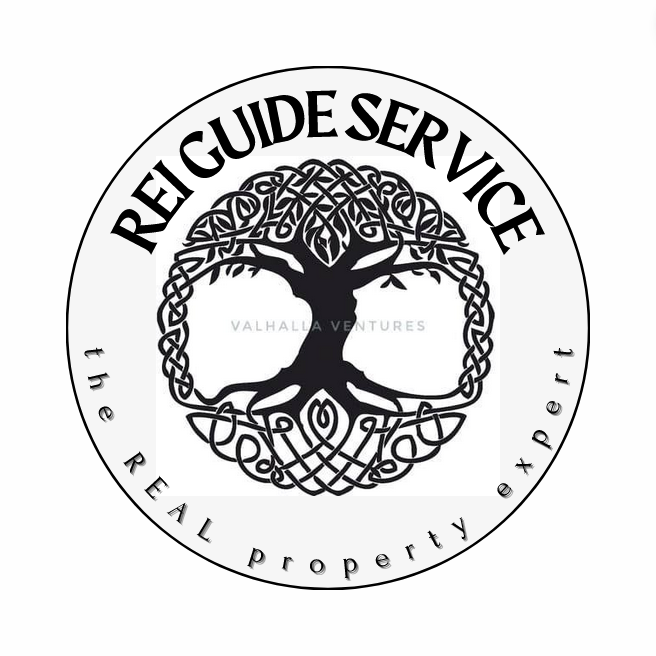Best Legal Practices for Handling Storm Damage: Protecting Your Insurance Claim and Hiring Reliable Professionals
*(not legal advice)
Natural disasters like storms can leave homeowners scrambling to address damages and restore their property. Amid the chaos, it’s crucial to follow best legal practices to protect your insurance claims and ensure that the professionals you hire are trustworthy. Here’s a guide to navigating these challenges effectively.
1. Document the Damage Thoroughly
After a storm, take immediate steps to document the damage:
Photographs and Videos: Capture clear images and videos of all affected areas, including the exterior, interior, and surrounding property.
Inventory List: Create a detailed inventory of damaged items with descriptions and estimated values.
Keep Records: Save any receipts or invoices for emergency repairs and expenses, such as temporary lodging or boarding up windows.
Proper documentation is key to strengthening your insurance claim.
2. Notify Your Insurance Company Promptly
Contact your insurance provider as soon as possible to report the damage. When doing so:
Review Your Policy: Understand your coverage, deductibles, and any exclusions.
Provide Evidence: Share your documentation and be prepared to answer questions about the damage.
Request an Adjuster: Arrange for an insurance adjuster to assess the damage and provide an estimate.
Failing to report promptly or misunderstanding your policy could delay or reduce your claim.
3. Be Cautious When Hiring Contractors
Storm damage often attracts unscrupulous contractors looking to take advantage of distressed homeowners. Protect yourself by:
Verifying Credentials: Ensure the contractor is licensed, insured, and bonded. Ask for references and check online reviews.
Getting Multiple Estimates: Compare quotes from at least three contractors to identify fair pricing.
Signing a Detailed Contract: The contract should include scope of work, materials, timeline, payment terms, and warranty details.
Avoiding Upfront Payments: Reputable contractors typically require a reasonable deposit, not full payment upfront.
4. Understand Your Rights and Responsibilities
Each state has laws governing home repairs and insurance claims. Familiarize yourself with:
Right to Cancel: Many states allow homeowners to cancel a contract within a specified timeframe.
Insurance Fraud Laws: Avoid working with contractors who promise to waive your deductible or inflate repair costs.
Permits and Inspections: Ensure all necessary permits are obtained and work is inspected to meet local building codes.
5. Communicate Clearly and Consistently
Effective communication is crucial throughout the process:
With Your Insurer: Keep a record of all correspondence, including dates, names, and details of conversations.
With Your Contractor: Schedule regular updates to monitor progress and address concerns.
With Your Lawyer: If disputes arise, seek legal advice to protect your rights.
6. Beware of Storm Chasers
“Storm chasers” are contractors who travel to disaster-stricken areas to solicit business. While not all are fraudulent, many perform substandard work and disappear. Protect yourself by:
Avoiding contractors who show up uninvited.
Asking for a local business address and phone number.
Confirming they have experience with storm damage repairs.
7. Consider Public Adjusters
If your insurance claim is complex or if you disagree with the insurer’s assessment, hiring a licensed public adjuster can help. Public adjusters:
Work on your behalf to negotiate the claim.
Charge a fee (typically a percentage of the settlement).
Must be licensed and reputable.
8. Prepare for Future Storms
Once repairs are complete, take steps to mitigate future damage:
Reinforce Your Home: Install storm shutters, reinforce the roof, and elevate utilities if in a flood-prone area.
Update Your Insurance: Review your policy annually to ensure adequate coverage.
Create an Emergency Plan: Have a plan for evacuation, communication, and securing your property.
The Wrap
Dealing with storm damage can be overwhelming, but following these best practices can protect your interests and help you recover efficiently. By documenting damage, working closely with your insurer, and hiring reliable professionals, you can navigate the aftermath with confidence. Stay informed, stay cautious, and always prioritize legal and ethical standards.


